Attack! (1956)
“It’s not a matter of conclusive facts, sir.”
|
Synopsis: |
|
Genres, Themes, Actors, and Directors:
Response to Peary s Review: However, “if the Nazis weren’t terrifying enough, the American GI finds himself to be the potential victim of U.S. army bureaucracy that allows soldiers to be sacrificed rather than cause a stink by recalling incompetent officers.” He goes on to write, “In this war, platoon leaders punch their own men, high-rank officers slap captains, captains punch enemy prisoners, Americans push a captured German office (Peter Van Eyck being very arrogant) into the Germans’ line of fire to be mowed down”: … “a captain is willing to turn his men over to the enemy so that he won’t be shot, [and] the captain’s men are willing to kill him.” Yikes. Peary notes that “Eddie Albert gives a memorably creepy performance as a crazed, sadistic captain whose cowardice has cost the lives of many men”: … while “Jack Palance is staunchly heroic as the leader of a platoon.” Of special note is an infamously gruesome sequence in which… SPOILER ALERT … Palance’s arm is crushed under an enemy tank when he has nowhere else to turn. Rounding out the cast are Lee Marvin as a hard-nosed but morally ambiguous leader willing to turn a blind eye when necessary; Buddy Ebsen as a loyal comrade; Richard Jaeckel as a private given hardly any lines; and William Smithers in a pivotal role as a lieutenant standing up to the horrors surrounding him. Notable Performances, Qualities, and Moments:
Must See? Categories
Links: |

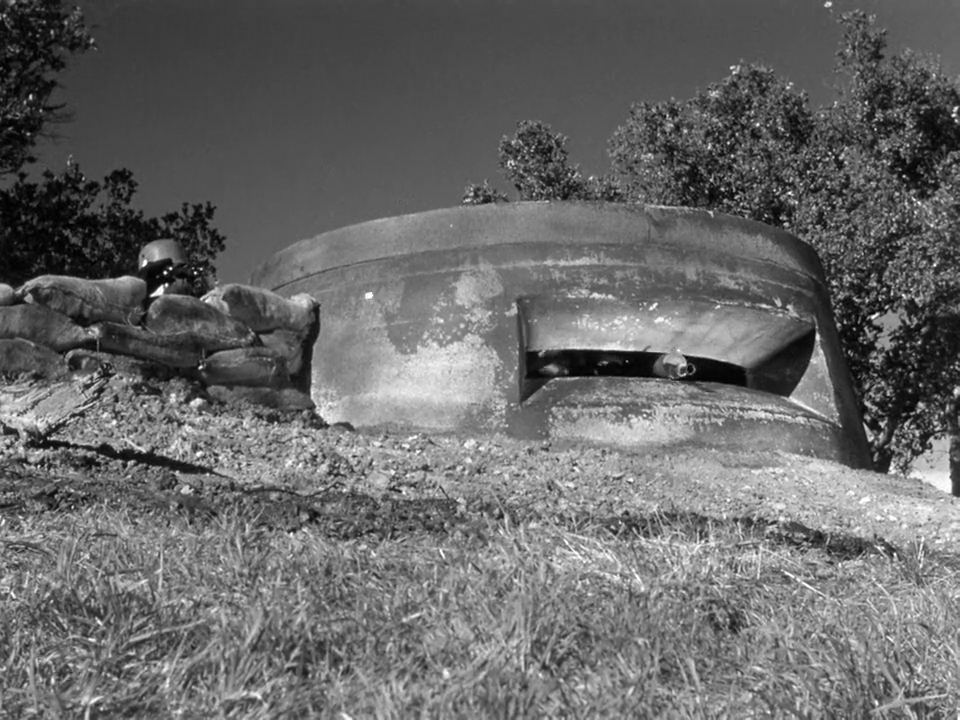
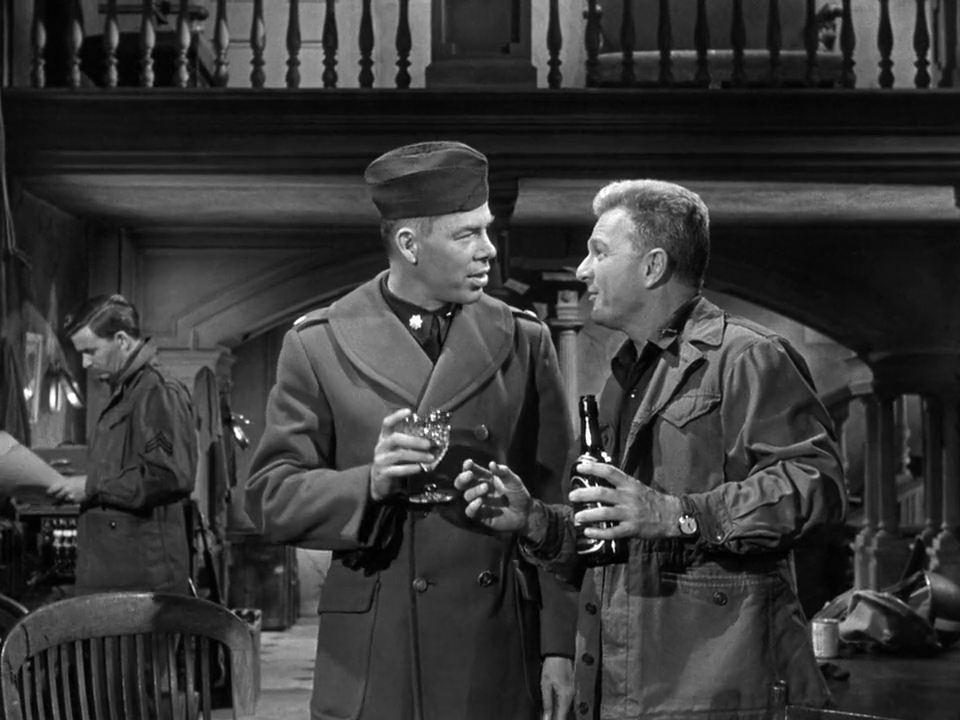
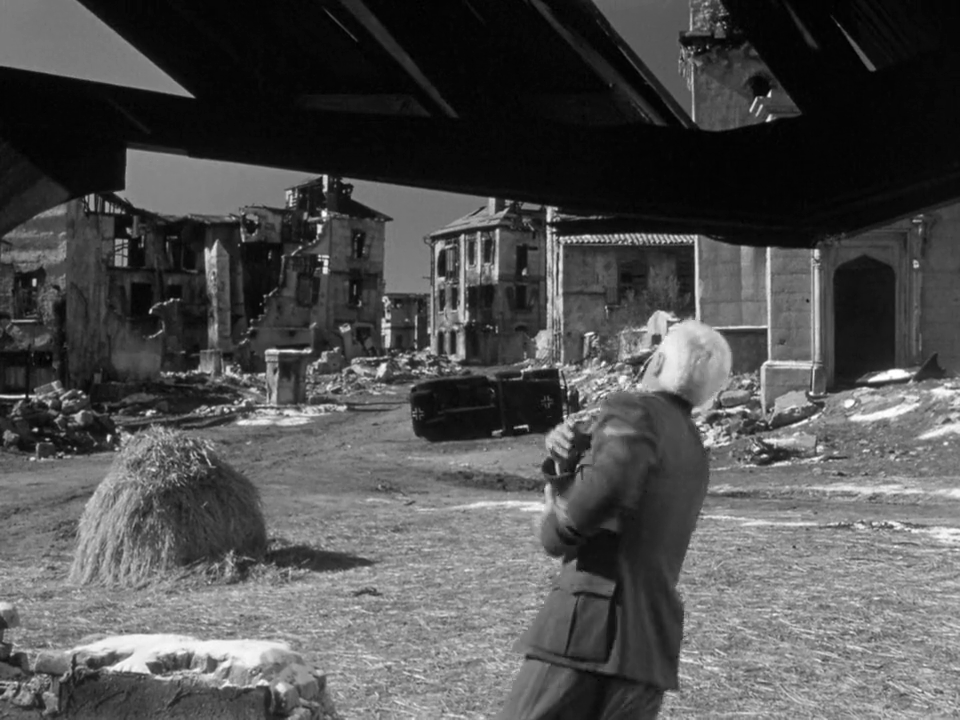
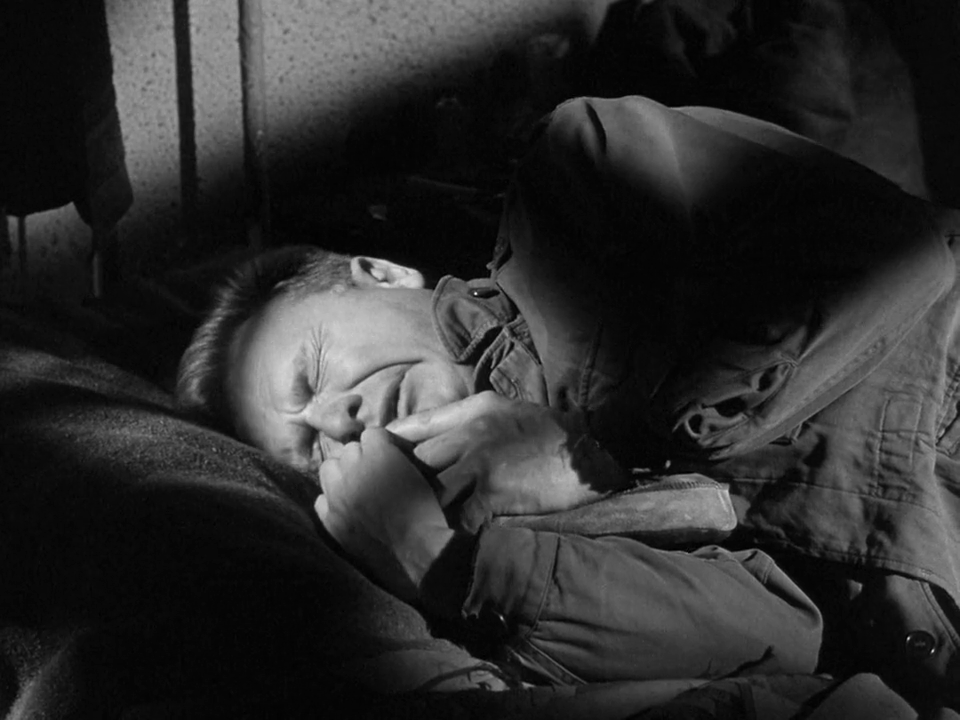

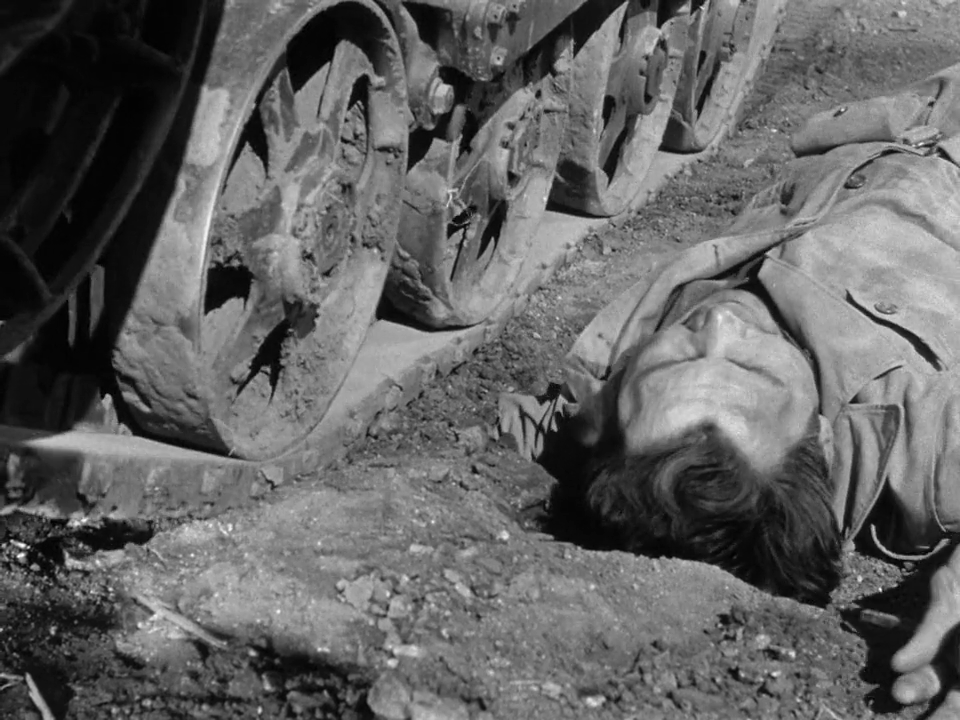
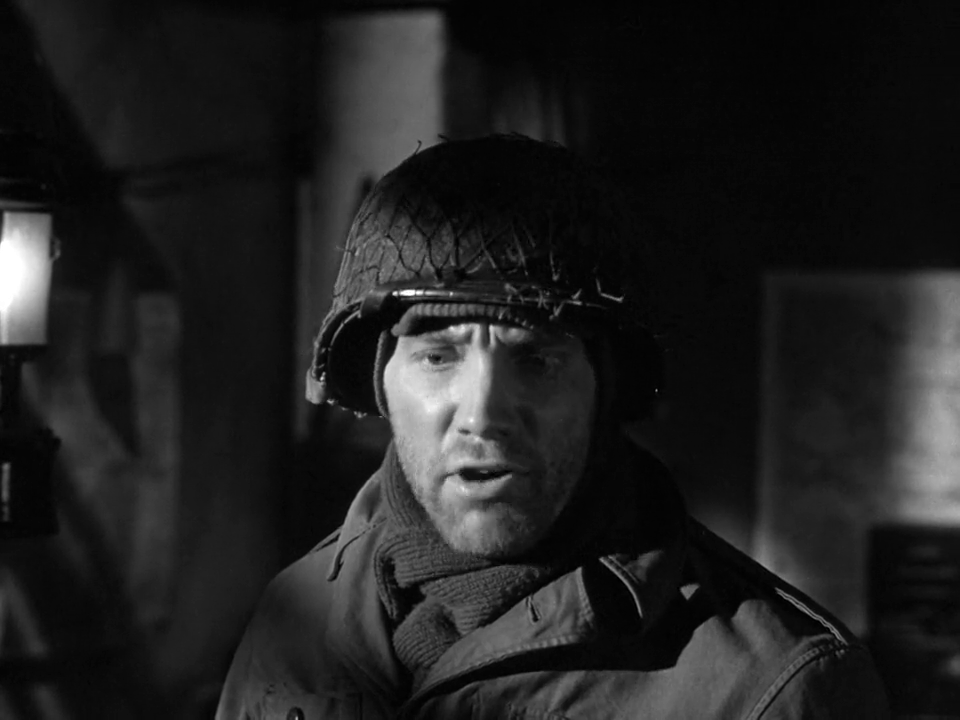

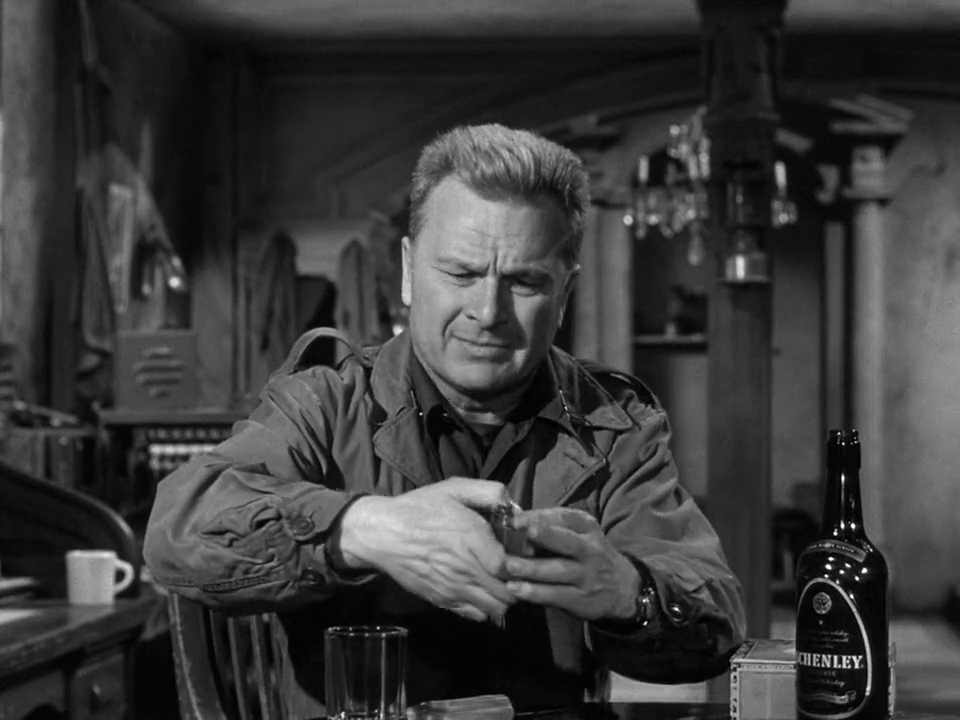
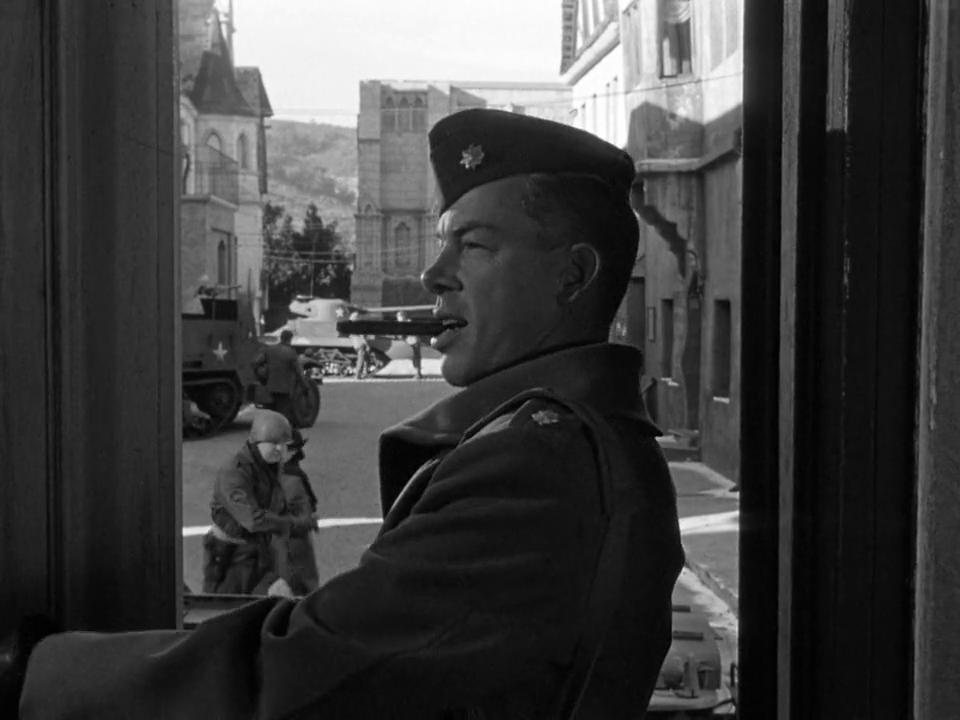
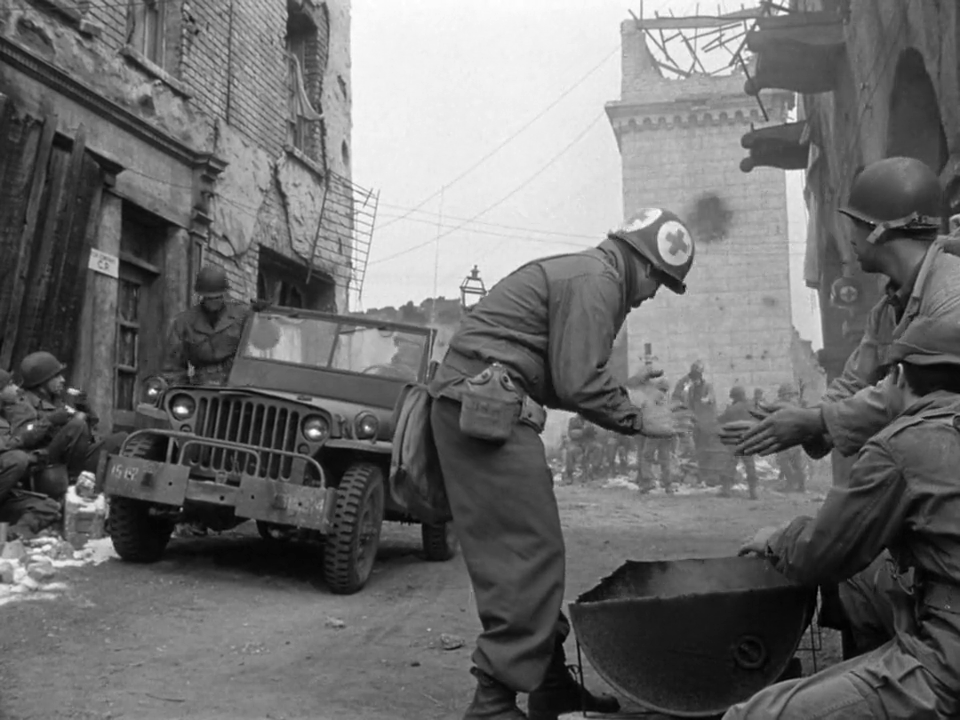
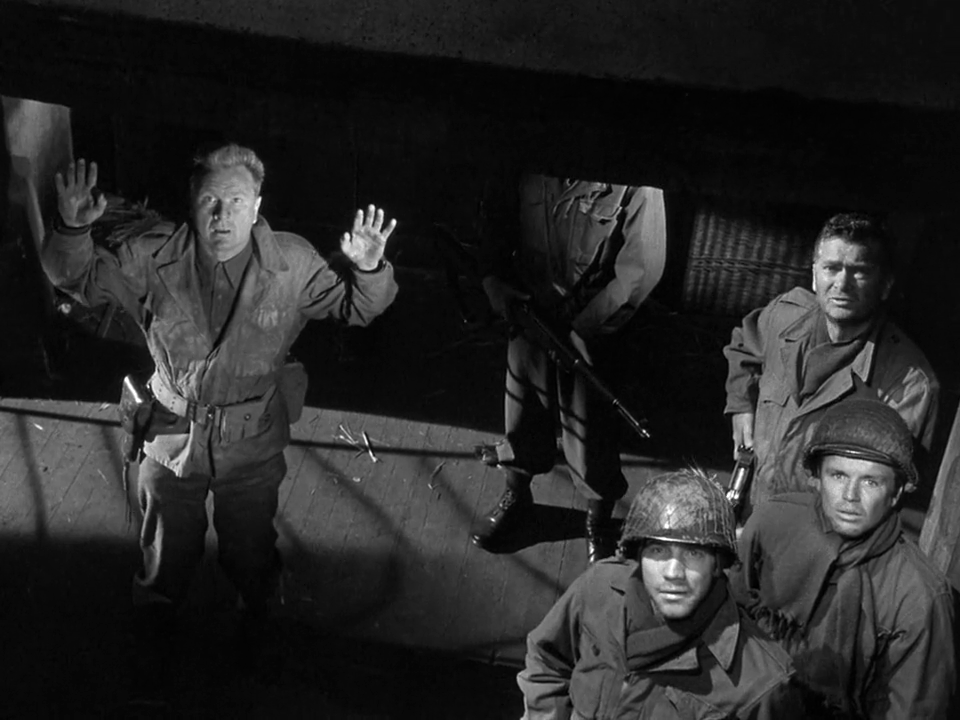
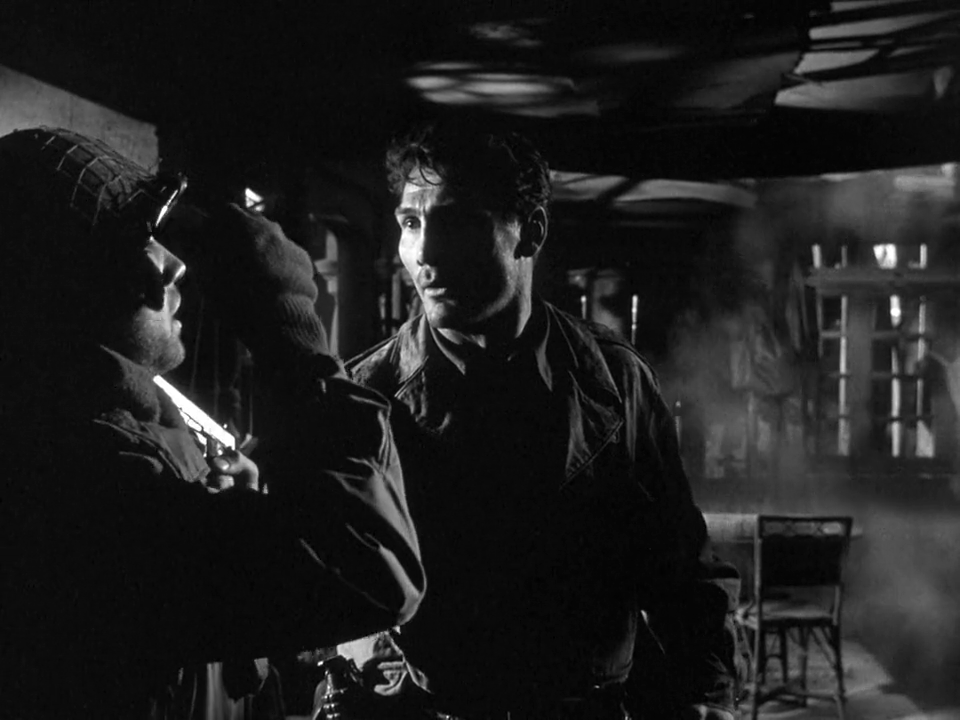
One thought on “Attack! (1956)”
Must-see, as a strong entry among war films, and for its cast and Aldrich’s direction.
I like what Wikipedia points out about this film: [Due to the nature of the film, which cast some officers as either cowards or Machiavellian manipulators, the US Defense Department refused to grant production assistance. Critics attacked this attitude, pointing out the heroic and noble behavior of other officers like Costa and Woodruff who were “more representative of the Army than the cowardly captain, who is clearly an exception.”]
It’s both interesting and frustrating that, if a filmmaker wants to depict a more truthful reality about war, he probably (even today) can’t expect the US Defense Department’s cooperation. The Department protects ‘appearance’ and ‘perception’ (i.e., all men must be said to have cookie-cutter bravery and unity of mind and spirit). It has no room for the illumination that art provides.